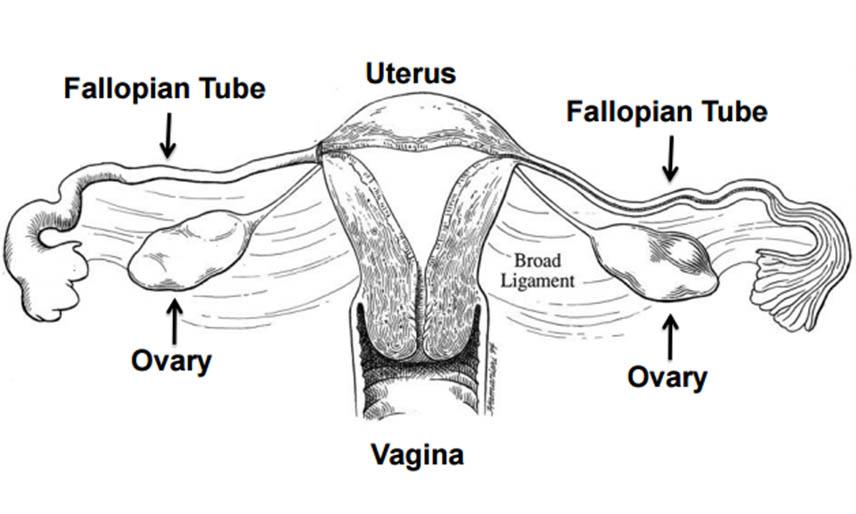In recent years, CFTR modulators have enabled more women with CF have become pregnant than in previous years. However, for many women with CF, becoming pregnant can take more time than for women who do not have CF.
Thicker Cervical Mucus
Women with cystic fibrosis may have thicker cervical mucus due to abnormal cystic fibrosis transmembrane conductance regulator (CFTR) function. Thicker mucus can make it harder for sperm to successfully penetrate the cervix and can increase the amount of time it takes to become pregnant.
Irregular Ovulation
Poor nutrition leading to irregular ovulation (the release of eggs from the uterus) can also contribute to fertility problems and is another reason why some women with CF may have trouble conceiving. However, most women with CF are able to become pregnant and achieve a normal pregnancy, with 85% of couples reporting that they were able to conceive within the first 12 months of stopping contraception.
Despite their thicker cervical mucus and possible ovulation issues, it is important to remember that women with CF are still fertile. Although puberty and menstruation may be irregular or delayed, healthy women with CF often do not have compromised fertility and experience few physical barriers to becoming pregnant aside from having thicker cervical mucus. And with the widespread use of CFTR modulators, pregnancies have become more common in women with CF. For this reason, regardless of how severe their CF may be, all women with CF who are not ready to have children should use contraception to prevent the possibility of unplanned pregnancies.
Assisted Reproductive Technology
If you do have trouble conceiving, assisted reproductive technology (ART) techniques and alternate family-building options, such as adoption or surrogacy, are all viable options for starting a family. Your obstetrician should be able to help you understand your reproductive health to help you make the right family planning decisions. You can also learn more by discussing your family planning goals with your CF care team.




